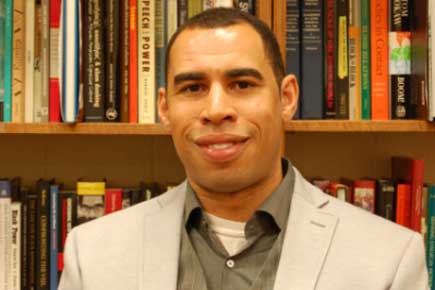Unrest Over Race Is Testing Obama’s Legacy
The New York Times
2014-12-08
Julie Hirschfeld Davis, White House Reporter
Michael D. Shear, White House Correspondent
WASHINGTON — As crowds of people staged “die-ins” across the country last week to protest the deaths of unarmed black men at the hands of police officers, young African-American activists were in the Oval Office lodging grievances with President Obama.
He of all people — the first black president of the United States — was in a position to testify to the sense of injustice that African-Americans feel in dealing with the police every day, the activists told him. During the unrest that began with a teenager’s shooting in Ferguson, Mo., they hoped for a strong response. Why was he holding back?
Mr. Obama told the group that change is “hard and incremental,” a participant said, while reminding them that he had once been mistaken for a waiter and parking valet. When they said their voices were not being heard, Mr. Obama replied, “You are sitting in the Oval Office, talking to the president of the United States.”
For Rasheen Aldridge Jr., 20, a community organizer from St. Louis who attended the meeting, it was not enough. “It hurt that he didn’t seem to want to go out there and acknowledge that he understands our pain,” Mr. Aldridge said in an interview. “It would be a great mark on his presidential legacy if he would come out and touch an issue that everyone is scared to touch.”
But Mr. Obama has not been the kind of champion for racial justice that many African-Americans say this moment demands. In the days since grand juries in Missouri and Staten Island decided not to bring charges against white police officers who had killed unarmed black men, the president has not stood behind the protesters or linked arms with civil rights leaders. Although those closest to Mr. Obama insist that he feels a new urgency to capitalize on the attention to racial divisions, few dispute that he is personally conflicted and constrained by the position he holds…
…The son of a white woman from Kansas and a black man from Kenya has struggled with questions about his own racial identity — described in his book “Dreams From My Father” — but Mr. Obama is by nature cool and cerebral and rarely shows emotion in public…
Read the entire article here.


